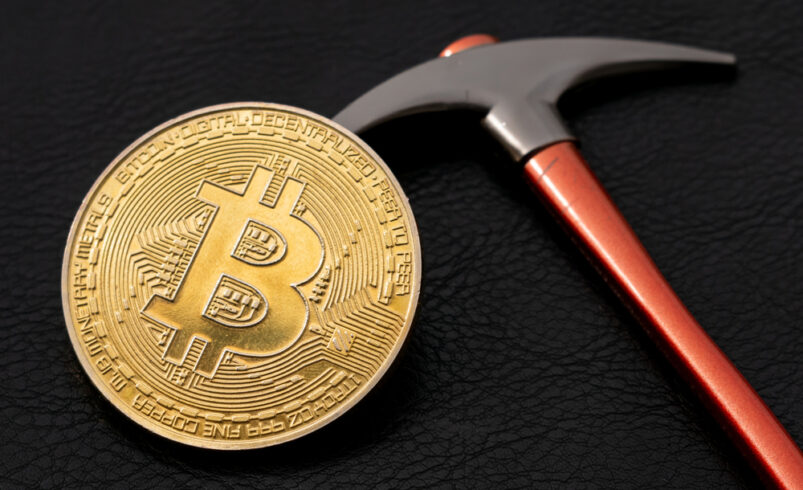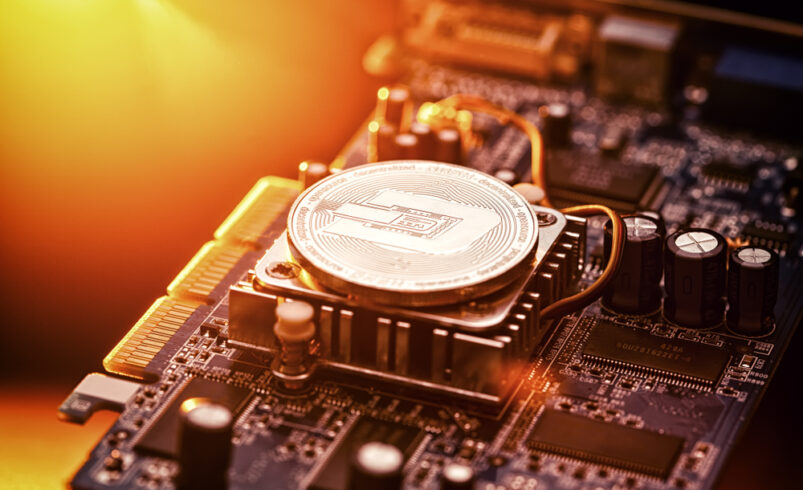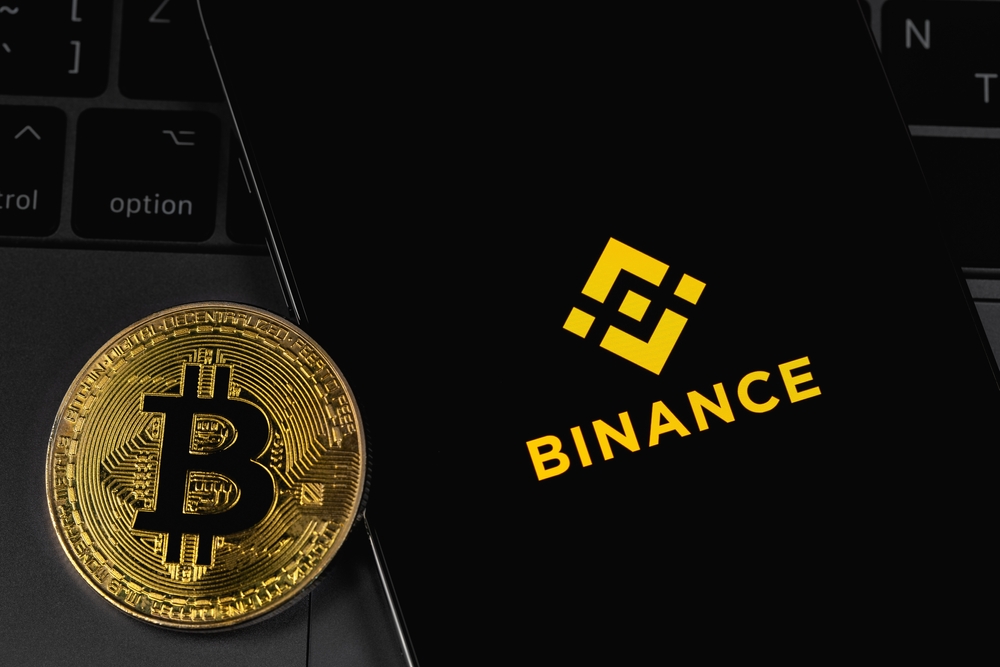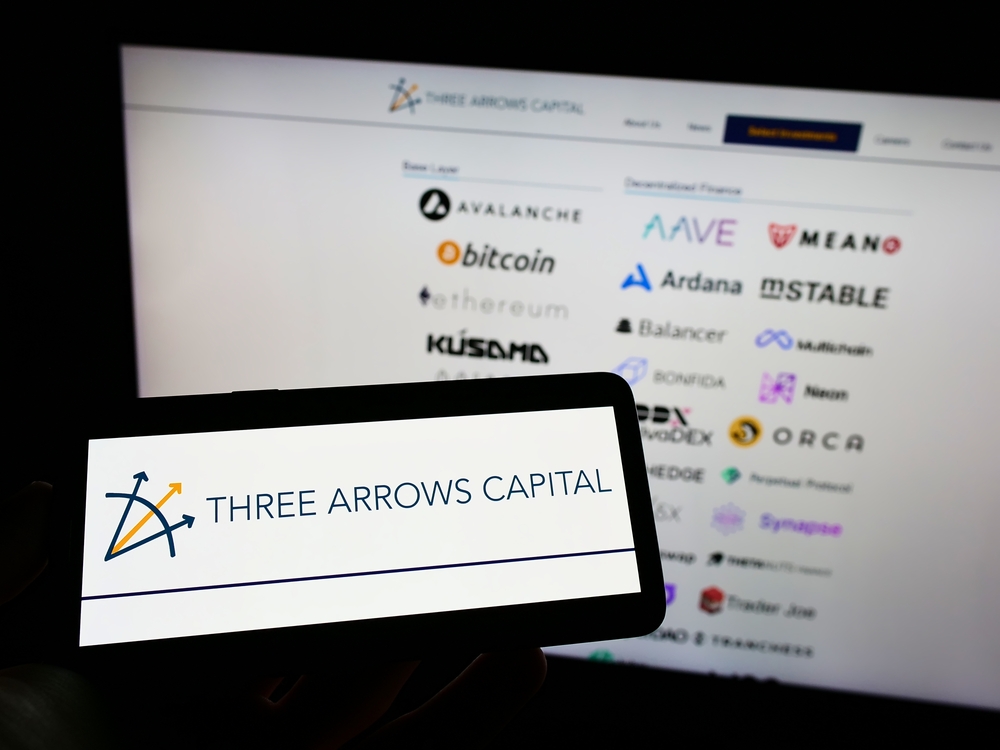Solo Bitcoin Miner Produces a Block, Earning $210K in BTC

An individual crypto miner used a device with a computational power of only 500 Gh/s (gigahashes per second) to generate a block on the Bitcoin blockchain on Wednesday evening. The news was first shared on X by Altair Technology, a leading retailer of Bitcoin mining devices.
Altair Technology Reveals Mining Device Used to Produce the Block
Per Altair, the solo miner used a device known as Bitaxe, which D-Central Technologies manufactures. The miner connected their device to a node infrastructure platform, Solo CKPool, to mine the block. Data on Solo CKPool shows that the platform allows solo miners to participate in Bitcoin mining as individuals, not as a pool.
Meanwhile, crypto journalist Pete Rizzo says the solo miner generated block 853,742 and earned 3.19 Bitcoin, worth $210,000 as of this writing.
But why is this such a big deal? Well, given the current hash power of Bitcoin (553.49 Eh/s), the solo miner’s Bitaxe device, which, as mentioned earlier, produces 500 Gh/s, means that it had a 1 out of 1 billion chance of generating a block but still managed to do so.
Try GPT Definity AI today, the #1 crypto trading robot! Click here to learn more. Artificial intelligence trading robots are taking over the trading eco-system, you can join this revolution and profit from daily revenues! Get ahead of the trading game with Artificial Intelligence crypto trading software today!
Another Solo Miner Produces a Block
While such instances are rare, several solo miners have beat the odds to produce blocks in the past, earning BTC worth thousands of dollars. In April, an individual miner used a device with 120 Ph/s of computational power to mine a block of transactions. At the time, the miner received 3.125 BTC. It is worth mentioning that the device used was 200 times more powerful than Bitaxe.
Why Are Bitcoin Miners Necessary
Miners play a crucial role in the Bitcoin blockchain. They validate and add blocks of transactions to the network. Their contribution also helps to shield Bitcoin from attacks by bad actors. For every block produced, the miner involved receives BTC rewards.
As mining difficulty continues to increase, it has become extremely tough for solo miners to secure a block to process. Therefore, to increase their chances of getting a block, most of these miners join mining pools. For starters, a mining pool is a group of solo miners who pool their computational power to boost their odds of generating a block in exchange for rewards.
Disclaimer: Mining Plus Crypto specializes in amplifying content for dozens of cryptocurrency and blockchain firms, and your company could be next on the list! For inquiries, please reach out to us through or Telegram Chat. Given the unpredictable nature of cryptocurrencies, we advise you to thoroughly research before investing. A portion of the content available on our website, including broker reviews, is paid content or content contributed by guest writers and does not necessarily represent the opinions of Mining Plus Crypto. We claim no liability for the accuracy, quality, and content of advertisements, products, or any other materials, including ad spaces displayed on our site. For a comprehensive understanding, please review our full terms and conditions, and disclaimer.






